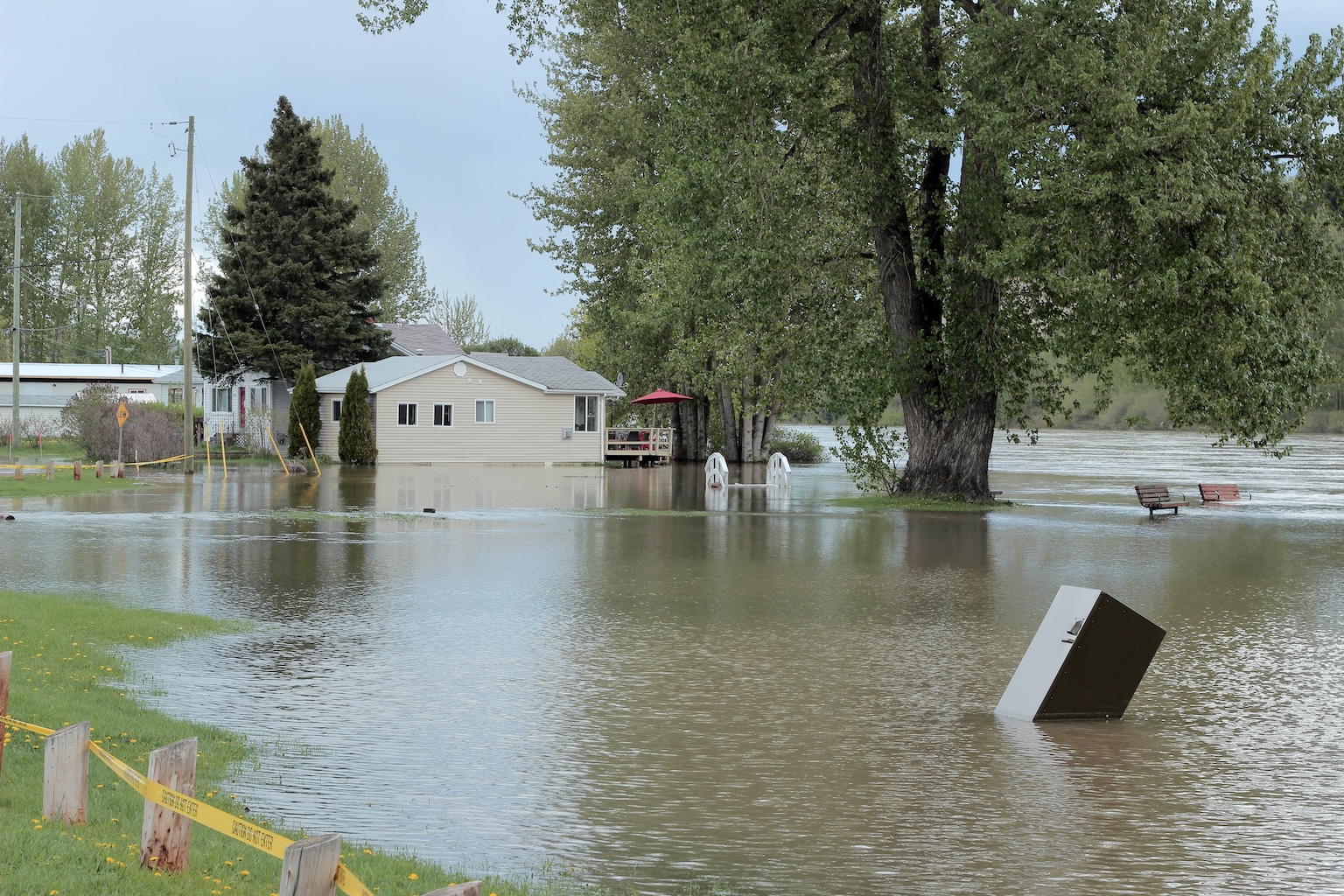
Dialogue Summary: Financing and funding heat pumps in low-rise multi-unit residential buildings
A collaborative plan that seeks accessible, feasible and affordable solutions that will accelerate the transition to heat-pumps in low-rise MURBs.

A collaborative plan that seeks accessible, feasible and affordable solutions that will accelerate the transition to heat-pumps in low-rise MURBs.

This report, published by the PICS-funded Living With Water project, is for practitioners who are interested in using participatory timeline mapping for multiple hazards.

This literature review explores key factors behind declining climate engagement in B.C. and proposes strategies to reverse the trend.

While B.C. is on the frontlines of the climate crisis, it is also at the forefront of developing climate solutions, and that makes B.C. a beacon for navigating this complex era — regionally, nationally, and internationally.

This report, released by the PICS-funded Living With Water project, considers the approaches, challenges, and case studies of using cost-benefit analysis (CBA) and multi-criteria decision analysis (MCDA) when considering relocation of a community from flood-prone areas.

A printer-friendly version of the report "Economic Assessment and Decision-Making for Community-Led Managed Retreat in British Columbia"

Community-led managed retreat considers how to relocate people and structures to reduce natural hazard risks and adapt to climate change. This summary introduces two of the most common tools used to help make these decisions based on community values.

Our 2024 Strategic Plan outlines a framework to realign, refocus, and renew PICS. In response to the accelerating speed and scale of the climate challenge, we have refreshed our organizational values, goals, and strategy to support greater agility, ambition, and action through a strengths-based and solution-focused approach.

To give ourselves a chance at avoiding the worst effects, we need solutions to counteract current excess emissions and to compensate for future emissions. These solutions can be found in negative emission technologies (NETs), and there is no pathway that will get us to where we need to be without them.

Climate change is a threat to all life on Earth and greenhouse gas (GHG) emissions are the culprit. While governments have taken steps to mitigate the damage by cutting carbon emissions — and to adapt to unavoidable climate conditions — it will take further effort to head off the danger.

This report highlights the key linkages between climate crisis, mental health, community resilience, and wellbeing. It aims to identify guiding principles that support mental health amid the climate crisis.

Most fleets in British Columbia are comprised of fewer than 50 vehicles. A bulk-buy program can accelerate the adoption of electric vehicles in small- to medium-sized fleets.